Major boost for Comesa trade in agricultural products
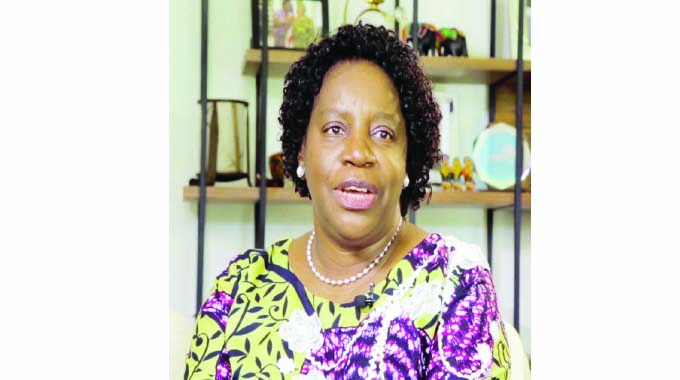
Business Reporter
TRADE in maize, soya bean, sorghum and aflatoxin within the Common Market for Eastern and Southern Africa (Comesa) region has received a major boost after the trade block signed an agreement with an American institute to build enhanced testing capacity of the commodities.
This week, Comesa and an American institute, Texas A&M Agrilife Research signed a Memorandum of Understanding (MoU) to support mycotoxin risk management involving aflatoxins and fumonisins for trade commodities and staples.
Aflatoxins and fumonisins are naturally occurring toxins and comprise key sanitary and phytosanitary (SPS) issues of trade concern in the Comesa region.
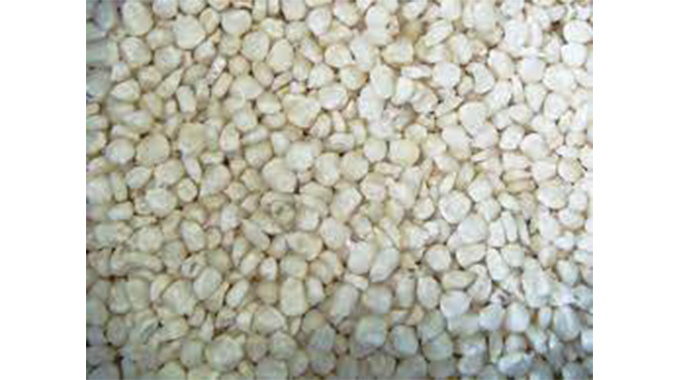
Maize
Comesa Secretary-General Ms Chileshe Kapwepwe and Texas A&M Agrilife Research Director Dr Cliff Lamb virtually signed the MoU on Monday.
According to a follow up statement, the implementation of the agreement starts in July with the first PT rounds of testing.
Through the Comesa-AgriLife collaboration, the application of regulatory science will help minimise barriers and build capacity to measure and manage aflatoxin and fumonisin risk.
The region is said to have limited laboratory testing capacity, competent and skilled laboratory technical staff in both the public sector and in small-and medium-size enterprises (SMEs) to accurately measure and manage mycotoxins.
To process a transaction, traders in Comesa go through cumbersome procedures in obtaining sanitary and phyto-sanitary measures documents, quality certificates and other documents, reads part of the statement.
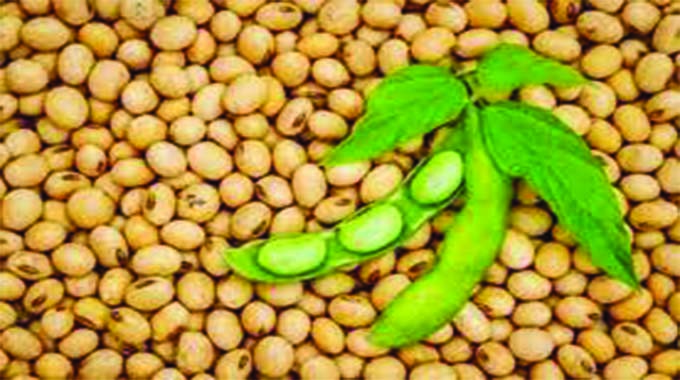
soya beans
To that end Ms Kapwepwe said the challenges have contributed to the low intra-regional trade in Comesa and affecting the region’s competitiveness in agriculture products in the domestic, regional and international markets.
“The areas of cooperation outlined in the MoU document are very critical, pertinent, and timely as they seek to address key challenges that Comesa member States continue to face especially on the low levels of trade at regional, continental and global levels,” she said.
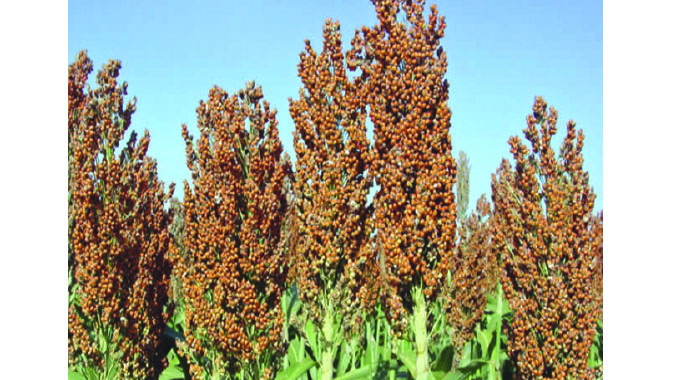
Sorghum
Dr Lamb described the partnership as a good opportunity to facilitate economic growth in the region.
“For us, engaging in an MoU with Comesa will enhance the capacities of all the countries within the region and also help Texas A&M Agrilife in multiple ways for global food security and food safety, which are really important for us,” said Dr Lamb.
Under the agreement, specific areas of co-operation include a co-regulation driven regulatory regime for trade in aflatoxin and fumonisin safe staples that include maize, soya bean, sorghum and groundnuts and the Aflatoxin Proficiency Testing and Control in Africa programme (APTECA).
The collaboration initiative started in 2015 when the Comesa Secretariat facilitated the participation of 12 regulatory testing laboratories from six member States; Kenya, Uganda, Rwanda, Malawi, Zambia and Zimbabwe in the APTECA programme, which was run by Texas A&M Agrilife Research.


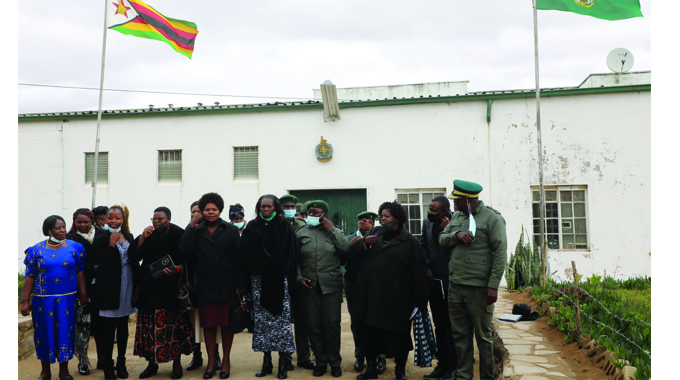








Comments